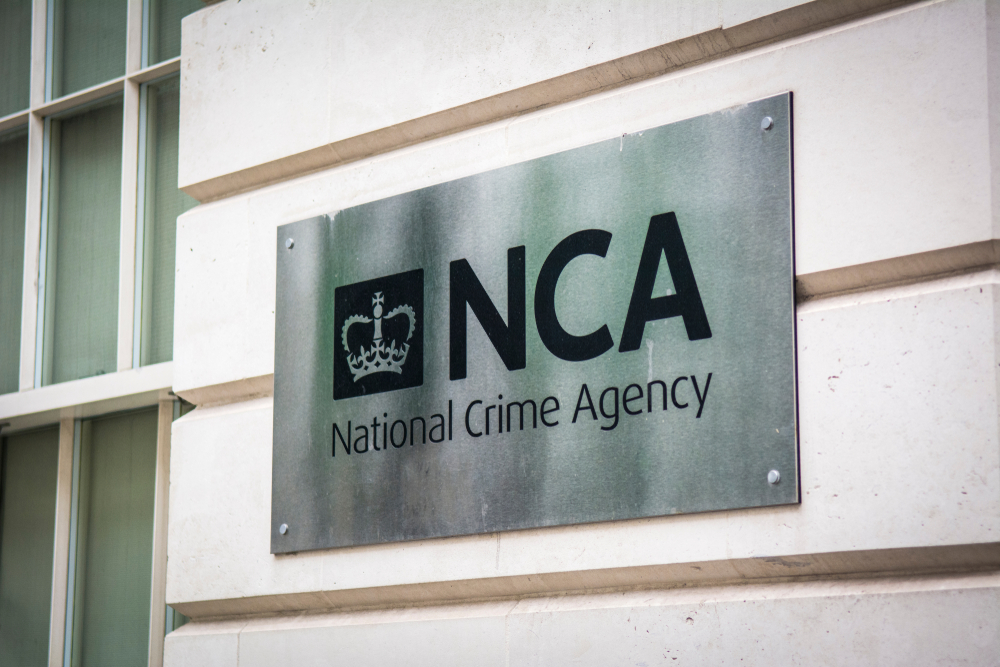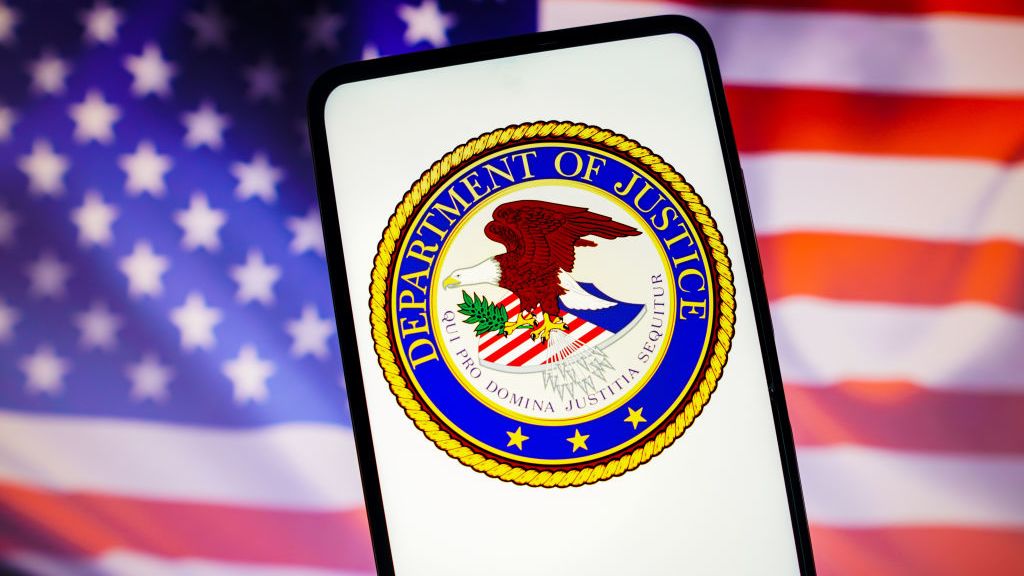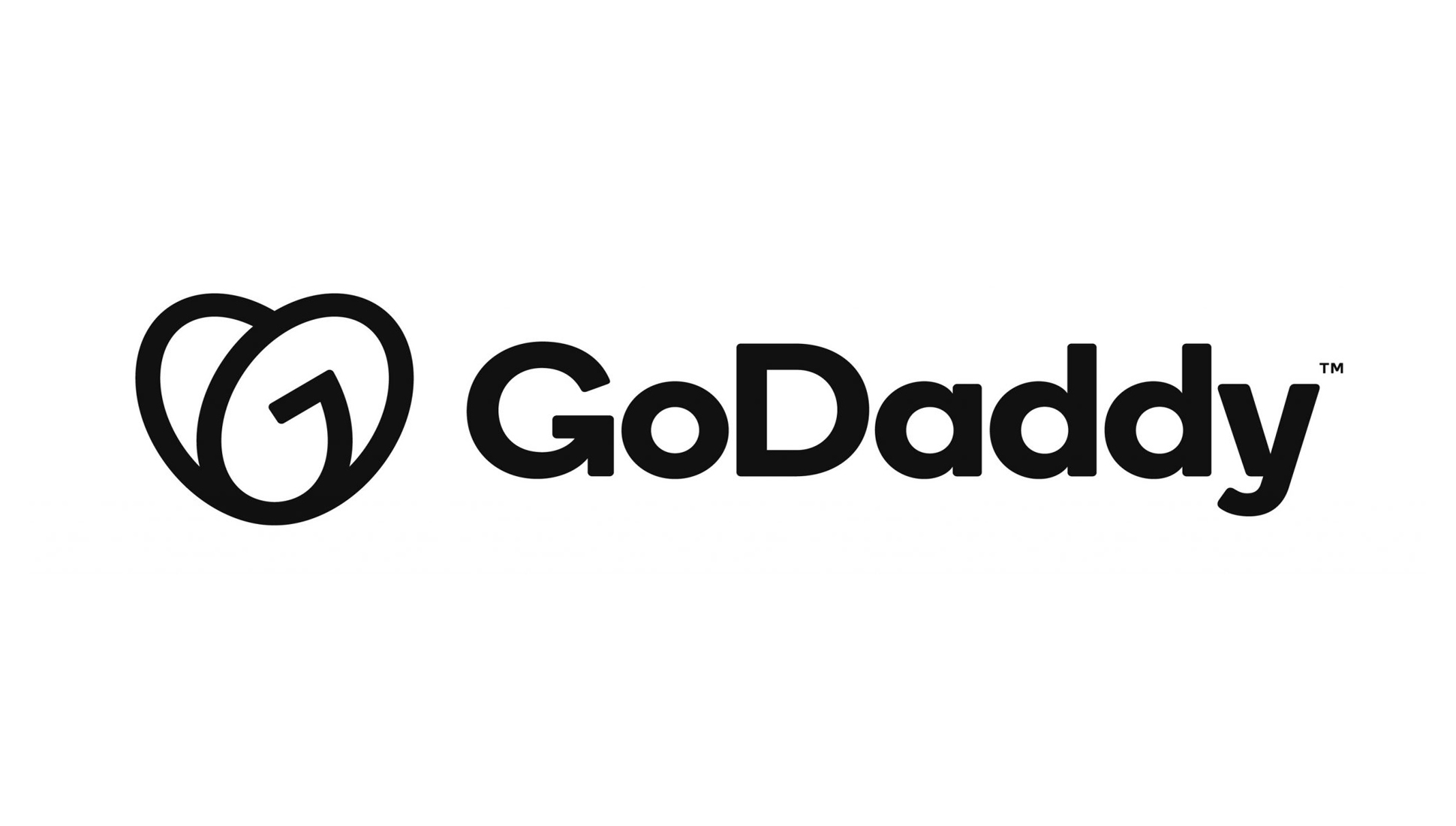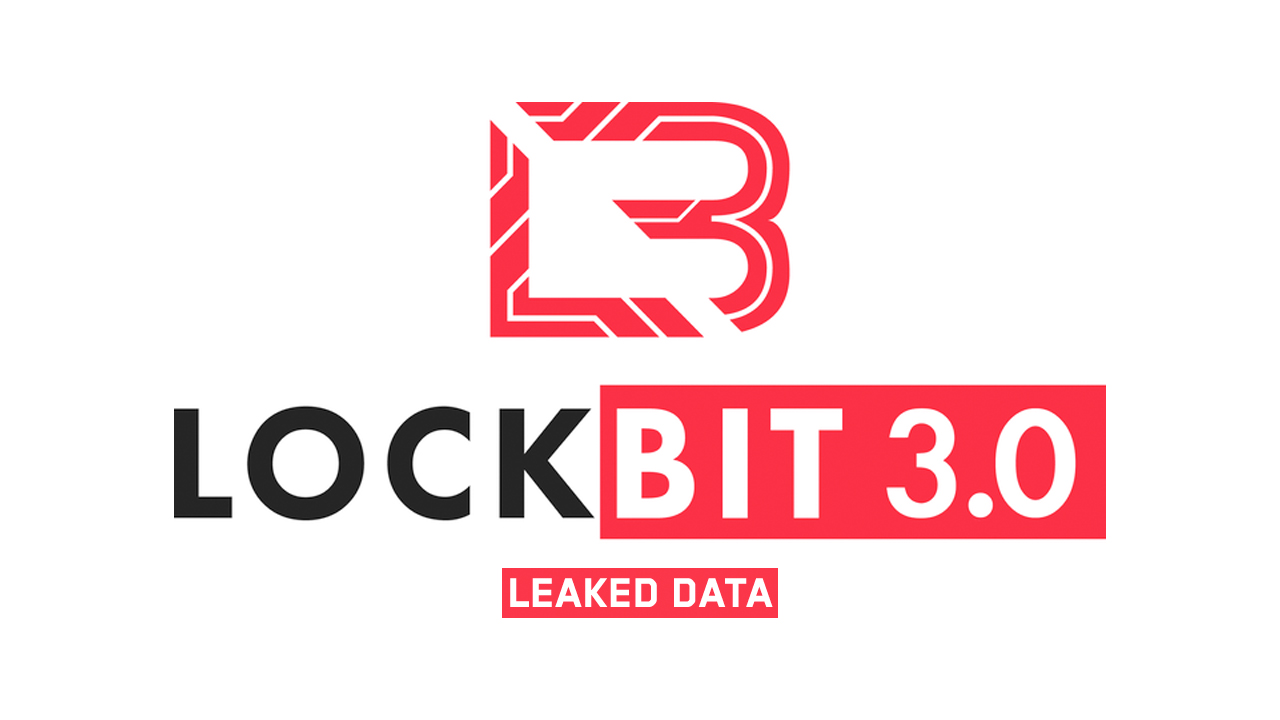Will President Trump inspire a hacktivism revival?
Why political upheaval could inspire hacktivists to take to their keyboards again


Whichever side of the political divide you stand on, Donald Trump, the 45th President of the United States of America, is a controversial character.
Protesters have gathered in Washington DC to manifest their feelings against his presidency, with solidarity marches planned across the globe.
People haven't only threatened to make their displeasure about the Trump presidency known in person, however. Earlier this week, a man named Juan Soberanis set up a website calling on Americans to launch a distributed denial of service (DDoS) attack against the White House website during Trump's inauguration today.
Trump, of course, isn't the only politically controversial event happening currently, with Brexit in the UK and the rise of the far right in Europe causing consternation in some quarters as well.
In this heated atmosphere, will cyber attacks once again become regular tools of political protest, and not only a mainstay of cyber criminals and trouble makers?
Hacktivism - a brief history
Hacktivism, where groups launch various types of cyber attacks against targets for political reasons, has been around since the early days of the internet, with the term itself being coined by a member of one of the earliest groups, the Cult of the Dead Cow.
Get the ITPro daily newsletter
Sign up today and you will receive a free copy of our Future Focus 2025 report - the leading guidance on AI, cybersecurity and other IT challenges as per 700+ senior executives
In the early 2010s hacktivism was a favoured tool of groups such as Anonymous, LulzSec and Team Poison. Anonymous, in particular, brought this form of protest into the public eye around about the turn of the decade with "operations" like Project Chanology, Operation Payback and the group's integration with the Occupy movement.
While arrests have certainly dampened the activity of these groups, and better cybersecurity has potentially made their attempts less successful, it's notable that the past several years has also been a time of relative political calm, at least in terms of Western domestic politics.
The resurrection of the hacktivist?
With a return to a more fractious political atmosphere, are we likely to see more online activism again?
The security community is undecided, but feels it's something that is very possible. "We'll just have to wait and see," security researcher Graham Cluley tells IT Pro.
"One thing is clear - America is more obviously divided than it has been in the past, and unrest and dissent these days often spills out onto the internet."
Tammy Moskites, CIO and CISO at cybersecurity company Venafi, says hacktivism is a powerful way of highlighting issues and causing lots of damage in the process.
"Hacktivism has really switched into something that can turn into damaging, impacting and notable events that can really bring something to people's attention," Moskites says. "[Hacktivists] really can cause massive disturbances and disrupt what we do on a day-in and day-out basis and I think that hacktivism is, especially in light of changing political views, something that we might see a rise of again."
Both in light of this potential threat and the ever-present threat of nation-state cyber attacks, governments must be vigilant to protect themselves and their countries.
"Any time a fractious political environment exists, there is the potential for stalemating on legislation and making progress on key initiatives, such as defending our country's critical infrastructure from cyber attacks," Eric O'Neill, Carbon Black's national security strategist, tells IT Pro.
"Cybersecurity should not be a partisan issue," O'Neill continues. "As Donald Trump's administration begins to take shape, there must be clear recognition that hacking is the new espionage and that malicious, nation-state actors will do everything in their power to gain a leg up on the United States. It is critical for the Trump administration to take a serious look at cybersecurity and not simply pay it lip service."

Jane McCallion is Managing Editor of ITPro and ChannelPro, specializing in data centers, enterprise IT infrastructure, and cybersecurity. Before becoming Managing Editor, she held the role of Deputy Editor and, prior to that, Features Editor, managing a pool of freelance and internal writers, while continuing to specialize in enterprise IT infrastructure, and business strategy.
Prior to joining ITPro, Jane was a freelance business journalist writing as both Jane McCallion and Jane Bordenave for titles such as European CEO, World Finance, and Business Excellence Magazine.
-
 Bigger salaries, more burnout: Is the CISO role in crisis?
Bigger salaries, more burnout: Is the CISO role in crisis?In-depth CISOs are more stressed than ever before – but why is this and what can be done?
By Kate O'Flaherty Published
-
 Cheap cyber crime kits can be bought on the dark web for less than $25
Cheap cyber crime kits can be bought on the dark web for less than $25News Research from NordVPN shows phishing kits are now widely available on the dark web and via messaging apps like Telegram, and are often selling for less than $25.
By Emma Woollacott Published
-
 UK crime fighters wrangle “several thousand” potential cyber criminals in DDoS-for-hire honeypot
UK crime fighters wrangle “several thousand” potential cyber criminals in DDoS-for-hire honeypotNews The sting follows a recent crackdown on DDoS-for-hire services globally
By Ross Kelly Published
-
 US begins seizure of 48 DDoS-for-hire services following global investigation
US begins seizure of 48 DDoS-for-hire services following global investigationNews Six people have been arrested who allegedly oversaw computer attacks launched using booters
By Zach Marzouk Published
-
 Will triple extortion ransomware truly take off?
Will triple extortion ransomware truly take off?In-depth Operators are now launching attacks with three extortion layers, but there are limitations to this model
By Connor Jones Published
-
 GoDaddy web hosting review
GoDaddy web hosting reviewReviews GoDaddy web hosting is backed by competitive prices and a beginner-friendly dashboard, and while popular, beware of hidden prices
By Daniel Blechynden Published
-
 Japan investigates potential Russian Killnet cyber attacks
Japan investigates potential Russian Killnet cyber attacksNews The hacker group has said it’s revolting against the country’s militarism and that it’s “kicking the samurai”
By Zach Marzouk Published
-
 LockBit hacking group to be 'more aggressive' after falling victim to large-scale DDoS attack
LockBit hacking group to be 'more aggressive' after falling victim to large-scale DDoS attackNews The ransomware group is currently embroiled in a battle after it leaked data belonging to cyber security company Entrust
By Connor Jones Published
-
 Record for the largest ever HTTPS DDoS attack smashed once again
Record for the largest ever HTTPS DDoS attack smashed once againNews The DDoS attack lasted 69 minutes and surpassed the previous record of 26 million RPS
By Praharsha Anand Published
-
 Cloudflare unveils new One Partner Program with zero trust at its core
Cloudflare unveils new One Partner Program with zero trust at its coreNews Cloudflare CEO Matthew Prince says the initiative aims to take the complexity out of zero trust architecture
By Daniel Todd Published